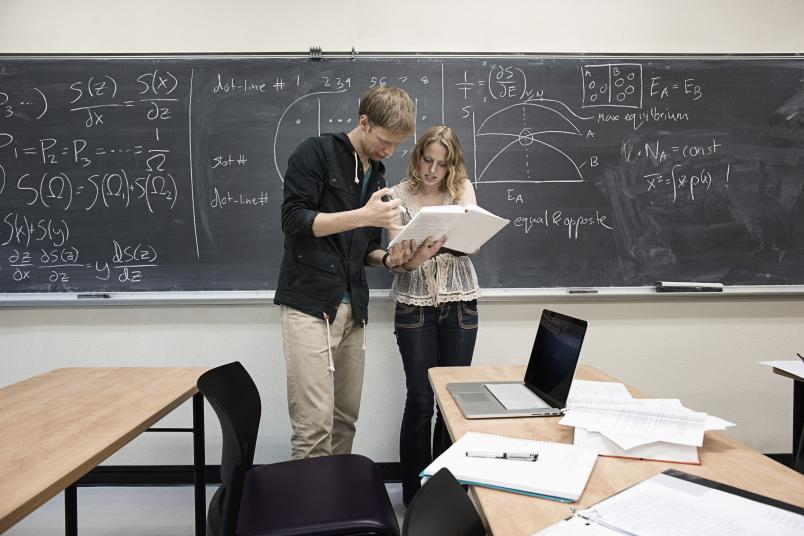The courses of the Master's Degree in Physics of Complex Systems are organized into the following four disciplinary areas.
1. Statistical physics and stochastic processes: you will develop a solid background on advanced topics of statistical physics related to phase transitions, heterogeneous and disordered systems, statistical field theory, stochastic processes and out-of-equilibrium systems.
2. Quantum physics: you will learn the advanced tools of quantum physics to address the study of quantum systems characterized by a large number of correlated degrees of freedom, interaction effects, quantum phase transitions, out-of-equilibrium quantum dynamics
3. Algorithms, numerical and simulation methods: you will be trained on the concepts of computational complexity, on the main numerical and simulation methods used in modern physics and on the main algorithms for the solution of complex problems of statistical inference and combinatorial optimization, allowing you to understand the relationships between these methodologies.
4. Biological systems: you will learn to model and analyze complex problems in the field of biology, developing the necessary language and knowledge in the fields of neuroscience, molecular and cellular biophysics and bioinformatics, through physical-statistical and computational methodologies.

You will take part in face-to-face lectures, classroom practicals, computational laboratory activities organized in groups of students.
The programme is organized in two parallel tracks that share the same goals and structure, but differ in terms of location. In both tracks, it is possible to attend the entire Master Programme in English.
